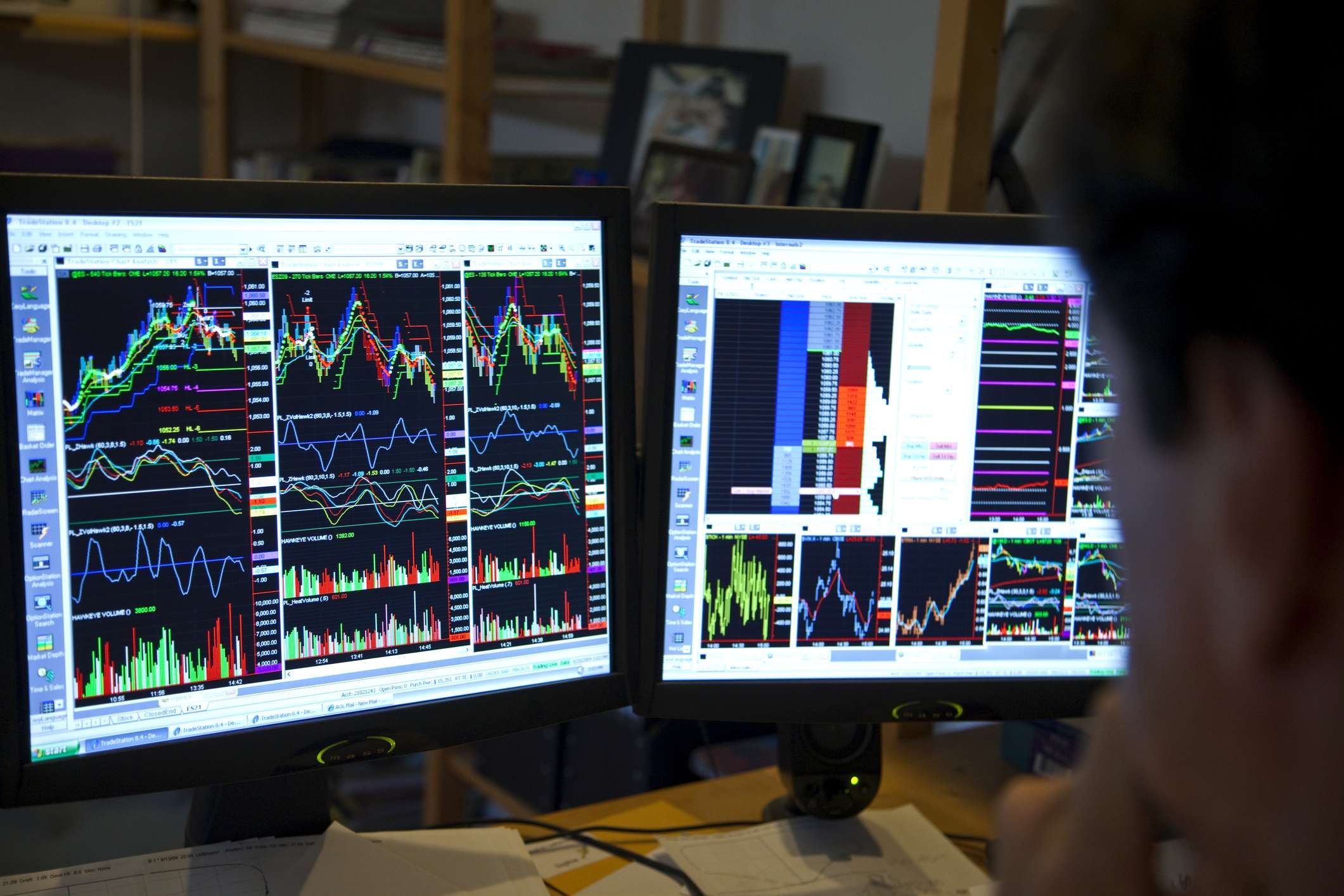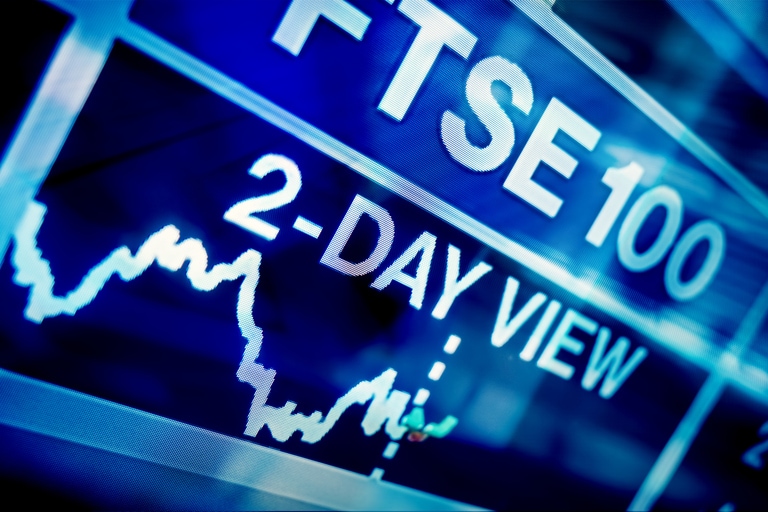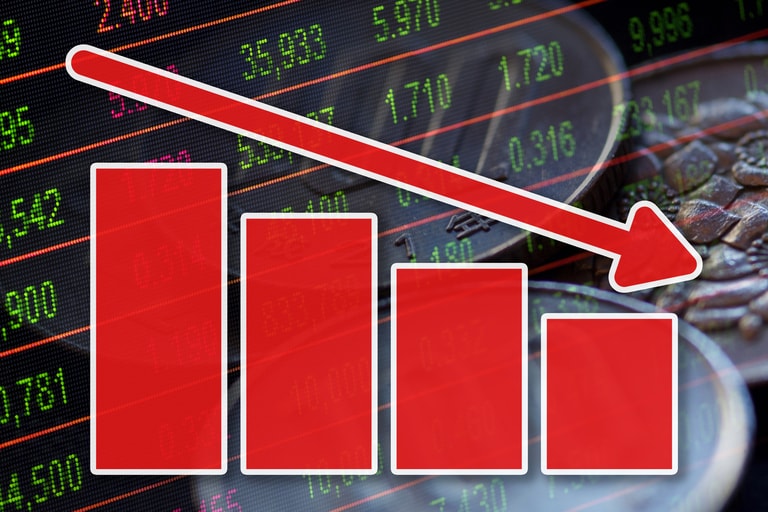While US markets managed to close higher for the second week in succession, despite concerns about their smaller regional banks, European markets have struggled, and although the DAX and FTSE 100 managed to close the week higher, drawing a line under two weeks of declines, concerns over the continent’s banking sector have weighed on sentiment overall, with a big sell-off on Friday.
Having started last week in a positive fashion after the news that UBS had stepped in to bail out Credit Suisse, sentiment took a turn for the worst in the wake of last week’s rate hikes from the Federal Reserve and Bank of England, and further hawkish noises from the European Central Bank.
In particular, the banking sector took another leg lower, with the Euro Stoxx Banks index closing lower for the third week in succession, with the likes of Deutsche Bank getting hit particularly hard. It’s not immediately clear what set off this latest set of jitters, although the cost of insuring banks' AT1 debt has increased since the events of the previous weekend. This increase in costs might have something to do with the recent weakness, as well as perhaps some portfolio lightening when it comes to investor exposure to European banks more broadly. The recent rally off the lows of September/October last year has seen these banks put in some strong gains on the back of an improved economic outlook for the European economy, as energy prices declined to levels last seen before the Russian invasion of Ukraine.
The problems at Credit Suisse have undermined that positive narrative and with ECB president Christine Lagarde insisting that there is no trade-off between financial stability and price stability, there are increasing concerns the ECB could be on the cusp of another policy mistake, which could make things worse, a la 2008. Having realised way too late that inflation was not transitory and starting to raise rates too late, they appear to be on the cusp of another mistake by tightening too aggressively, in the face of an economic slowdown.
Lagarde’s comments last week that there is no trade-off between financial stability and price stability come across as naïve in the extreme, as there is always a trade-off between the two, and bond markets are pricing that already, with the sharp drop in yields that we’ve seen in the past few days.
As we look to start a new week there is no question that investors and markets, in general, are much more concerned about the health of the banks than they were a few weeks ago, with the big question now being what happens next, given that the capacity of central banks to ride to the rescue this time is limited by still high levels of inflation. These concerns about further tightening are set to get another test at the end of this week, with the latest flash CPI numbers for March from Germany and the EU, with a particular focus on core CPI.
Banks are already retrenching when it comes to lending, while consumers squeezed by higher interest rates will be reluctant to take on new borrowing, which is likely to impact on the prospects for the global economy over the next few months.
As we look ahead to a new week as well as the end of the month and the end of the quarter, what was at one point set to be a positive start to 2023, could well turn out to be anything but, with all of the optimism of January and February being replaced by concerns over financial and economic stability.
Today we’ll get to see how the recent turmoil of the last few weeks has affected German business confidence for March with the latest IFO survey, which could see a slowdown from the pickup we saw in February. We also have the latest CBI retail sales numbers for March, which could continue to reflect the improvement we’ve started to see in consumer sentiment since the end of last year.
EUR/USD – failure last week at 1.0930 area saw the euro slip back as it continues to trade sideways finding support at the 50-day SMA. Could see further weakness in the coming days towards the 1.0620 area.
GBP/USD – failed above the 1.2300 area last week slipping back from the 1.2343 level. The pound continues to feel vulnerable to slipping back while below the highs for this year at 1 2447. We currently have support at the 1.2170 area, and below that at 1.2020.
EUR/GBP – ran out of steam at the 0.8865 area last week, but still has trend line resistance at the 0.8900 level. Also have strong trend line support at 0.8720, from the lows last August. Support also at 0.8780.
USD/JPY – slipped back to the 129.65 area last week, before rebounding strongly. Friday’s rebound could see a test of resistance currently at the 131.80 area.
CMC Markets erbjuder sin tjänst som ”execution only”. Detta material (antingen uttryckt eller inte) är endast för allmän information och tar inte hänsyn till dina personliga omständigheter eller mål. Ingenting i detta material är (eller bör anses vara) finansiella, investeringar eller andra råd som beroende bör läggas på. Inget yttrande i materialet utgör en rekommendation från CMC Markets eller författaren om en viss investering, säkerhet, transaktion eller investeringsstrategi. Detta innehåll har inte skapats i enlighet med de regler som finns för oberoende investeringsrådgivning. Även om vi inte uttryckligen hindras från att handla innan vi har tillhandhållit detta innehåll försöker vi inte dra nytta av det innan det sprids.






